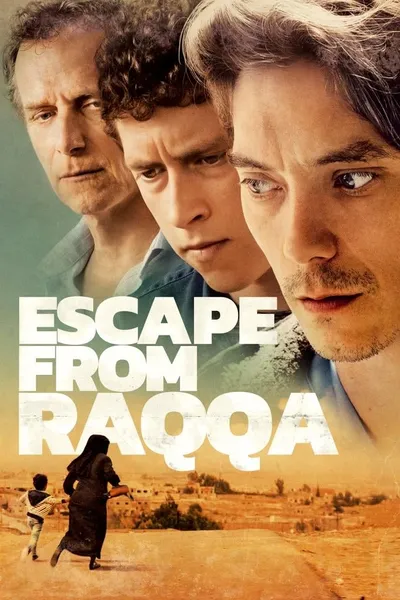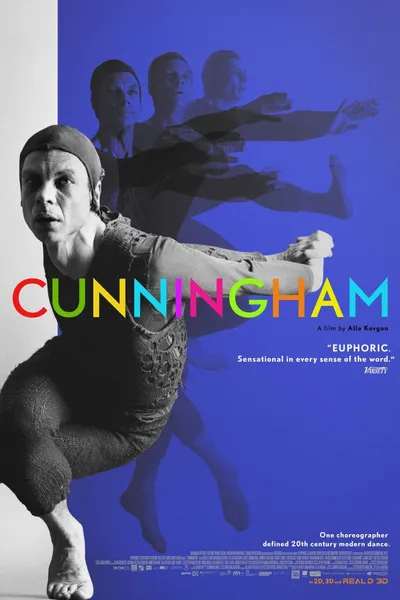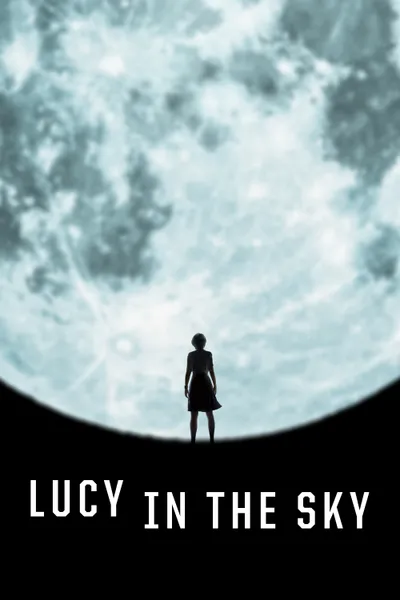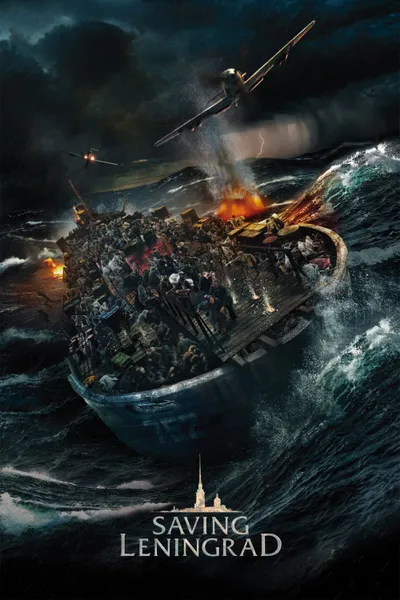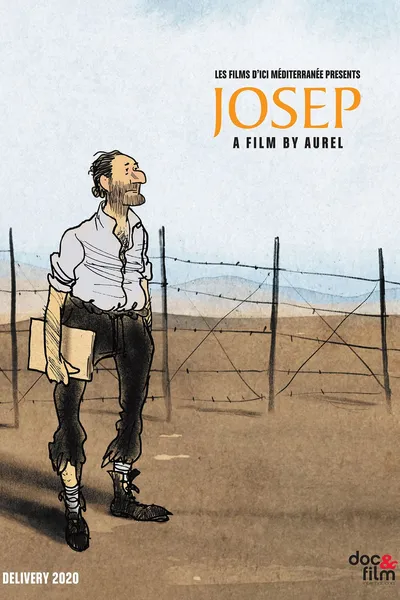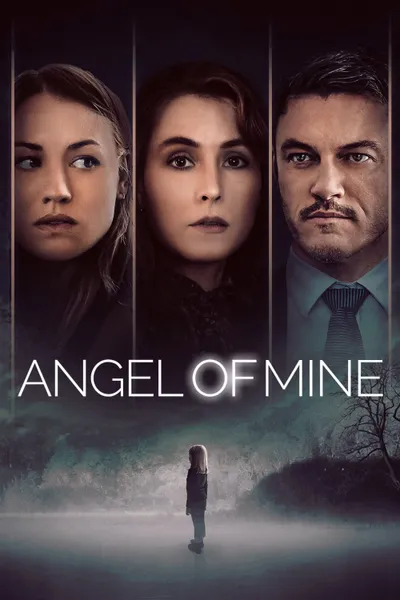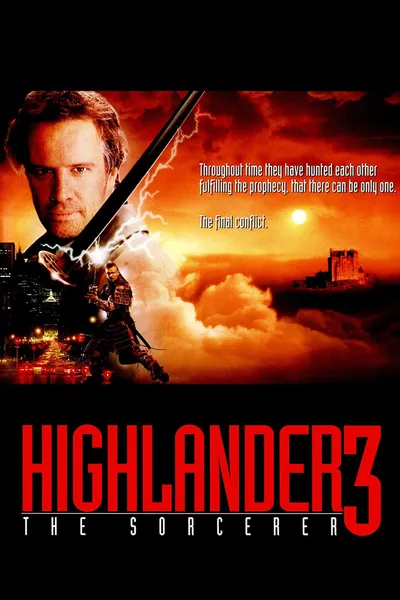Reviews



Stephen Campbell
March 9, 20207.0
**_An emotive family drama that will disappoint those hoping for sci-fi bombast_**
>_Anyone who sits on top of the largest hydrogen-oxygen fuelled system in the world, knowing they're going to light the bottom, and doesn't get a little worried, does not fully understand the situation._
- Cpt. John Young (commander of the _Columbia_ for STS-1 in 1981, the inaugural spaceflight of NASA's Space Shuttle program)
> Q: _Aside from the obvious differences, how do you assess the differences in men and women astronauts?_
>A: _Aside from the obvious differences, I don't think there are any._
- Sally Ride (the first American woman in space) answering a question at a _Challenger_ crew press conference for STS-7 in 1983
Written by Alice Winocour and Jean-Stéphane Bron, and directed by Winocour, _Proxima_ is the story of a mother and daughter trying to cope with impending separation. The fact that the mother is an astronaut and that the separation will result from a year-long mission to Mars is very much secondary. Instead, we're presented with something more universal and relatable – the often contradictory responsibilities one has to one's profession and one's family. At the same time, this (unapologetically feminist) film looks at the demands placed on a woman in a male dominated field where machoism counts for something. More akin to "science fact" films such as Philip Kaufman's _The Right Stuff_ (1983) and Damien Chazelle's _First Man_ (2018) than recent science-fiction work such as Pella Kågerman and Hugo Lilja's _Aniara_ (2018) or James Gray's _Ad Astra_ (2019), _Proxima_ is a quiet story that maps in great detail the sheer force of will it takes to get into the condition necessary to go space. And although the narrative does sag in a couple of places, and Winocour frustratingly abandons realism in a crucial scene towards the end, _Proxima_ is brilliantly acted throughout. It certainly won't appeal to those looking for the grandiosity or existentialism of classic sci-fi, but it remains a moving examination of motherhood.
In the near future, Sarah Loreau (a superb Eva Green) is a French astronaut based at the European Astronaut Centre (ESC) in Cologne. The only woman in the program, she lives with Stella (a stunning Zélie Boulant-Lemesle), her seven-year-old daughter. Unexpectedly, Sarah is chosen as a replacement for a crew member on the _Proxima_ mission – a year-long three-person final exploratory mission to Mars before colonisation begins. Sarah begins her training at ESC, before travelling to the Yuri Gagarin Cosmonaut Training Centre in Star City, Russia, and finally to the launch site at the Baikonur Cosmodrome in Kazakhstan. Alongside her are mission commander Mike Shannon (an excellent Matt Dillion), an experienced, but smug loudmouth who publically welcomes Sarah to the team by noting that as she's a French woman, she's probably a good cook, and Anton Ocheivsky (Aleksey Fateev), a soft-spoken Ukrainian cosmonaut. At the same time, Sarah is attempting to transition Stella into getting used to living with her father, Thomas (Lars Eidinger), a German astrophysicist from whom Sarah is amicably separated. However, the demands of the job and the concomitant separation put a huge strain on the bond between Sarah and Stella, to the extent that Sarah starts to consider dropping out of the mission altogether.
Proxima is Winocour's third film after _Augustine_ (2012) and the criminally underrated _Maryland_ (2015), both of which deal with intense, highly skilled men who are torn between their professional and private lives, in a similar manner to so many Michael Mann protagonists (and antagonists). With _Proxima_, however, Winocour moves into uncharted territory – although the protagonist here faces a similar struggle, for the first time, that protagonist is female.
One way Winocour examines the theme of private vs. professional is her use of a recurring motif involving an ESC employee trying to get Sarah to sign papers stating whether or not she wants to be informed should anything happen to Stella. The knee-jerk reaction, of course, is that she should sign them immediately – what kind of person wouldn't want to know if their child was ill or even dead? However, as Winocour presents it, it's more complicated than that; think of Sarah's helplessness – she'd be stuck in space knowing that Stella is dead, but having to complete her assignment anyway. And so Sarah finds her attachment to Stella in conflict with her commitment to the longevity of the mission.
However, this motif also taps into other thematic concerns. For example, it speaks to the complexity and profundity of what it means to leave the Earth and live in space for a year. At the same time, it's part of the feminist restructuring of a traditionally male narrative. By suggesting that a mother might choose her job over her daughter, even if only for a year, Winocour highlights that whilst it's socially acceptable for men to leave children behind (Mike speaks proudly of his young sons), it's something of a social taboo that women could do so. Another element of the film's feminine (if not necessarily feminist) quality relates to practical biological differences. For example, Sarah is told that tampons count towards her personal weight limit, whilst she has to be moulded for a smaller chair than Mike and Anton. In relation to Sarah being a sole woman in a man's world, in the film's EPK, Winocour explains,
>_it's a male environment, conceived by men for men. For example, spacesuits are weighted on the shoulders because men have strong shoulders, whereas women are stronger in the hips. Women have to work twice as hard to gain entry to this man's world, but they mustn't make their presence felt either. The film pays tribute to women who have to reconcile all this._
She specifically cites Claudie Haigneré and Samantha Cristoforetti as influences.
Elsewhere, in a very subtle moment, after Stella moves in with Lars, there's a scene of her going onto his balcony with a telescope, but rather than using it to look at the heavens, she uses it to watch some children playing below. The moment passes fairly quickly, and without any kind of overt commentary from Winocour, but subtle thematic moments like this occur throughout the film. Another such example is when Anton tells Sarah, "_the hardest part isn't leaving, it's coming back to find life has continued without you_". That's a pretty profound line, and it's at the heart of Sarah's dilemma – what will happen whilst she's away; life won't simply stop and wait for her to return, and it's the thought of the endless possibilities that she'll be powerless to influence which is eating at her resolve and commitment.
Aesthetically, the film adopts a realist approach which is almost documentarian in places. Clearly, Winocour and Bron did huge amounts of research, and it helps the sense of authenticity immensely that it was shot on location at the real ESC, Yuri Gagarin Centre, and Baikonur Cosmodrome; in the case of the Yuri Gagarin Centre, _Proxima_ was the first feature film granted access to shoot in the real prophylactorium, with the crew granted the same accreditation as the on-site scientists. In terms of the look of the film, Winocour states,
>_with regard to space, American movies have swamped all others, and my goal was to make a European space movie. That explains our collaboration with the European Space Agency, to tether the film to a documentary base. In Hollywood pictures, the astronaut verges on superhuman, but my research with ESA showed me there was nothing more human and fragile than an astronaut. Going into space means experiencing human fragility and realising just how attached we are to the Earth._
In this way, she ties theme and aesthetic to one another; each influencing and giving rise to the other.
In terms of problems, certainly, if you go into this expecting sci-fi, you're going to be bitterly disappointed. Although it has to be said, I can hardly blame people, given the misleading trailer. However, the film itself makes no bones about the fact that it's the story of a mother and daughter, not a piece of science fiction, and one can only really engage with it on its own terms, not the terms of the trailer. Another issue is that the narrative does drag in places, and ten minutes or so could have been shaved off the run time. Perhaps the biggest issue I had is that Winocour abandons her rigid adherence to realism for a sequence towards the end of the film which not only strains credibility but is tonally different from everything around it. Finally, outside Sarah and Stella, and to a lesser extent Mike, none of the characters are fleshed out. Again, however, this is the story of these two characters before it is anything else.
_Proxima_ is a small story of a mother and her daughter set against a vast background – the macro is simply the context for the micro. Examining the pain of separation and the clash between the professional and the private from a uniquely feminist point of view, it carries a universal message that will surely speak to any mother who has wrestled with the conflict between pursuing her own dreams and the demands placed on her by having children, a conflict which Winocour suggests is more socially acceptable for men. However, make no mistake, this is a celebration of the feminine rather than a woke attack on the masculine – men aren't the butt of the joke or the target of anger, they're simply not very important to the story Winocour is telling. A space movie about a woman that takes place entirely on Earth, _Proxima_ is another strong piece of work from a very talented director.

SWITCH.
June 1, 20208.0
'Proxima' isn't a visually flashy film, it's naturalistic and almost documentary-like in its approach - the end credits are even accompanied by photos of real-life female astronauts. But this only enhances the intimacy of this earthbound drama about a high-achieving woman's trauma at the thought of leaving her young daughter behind her.
- Jake Watt
Read Jake's full article...
https://www.maketheswitch.com.au/article/review-proxima-an-earthbound-drama-about-motherhood

CinemaSerf
September 20, 20235.0
I was really disappointed with this rather dull, dreary documentary-style story about "Sarah" (Eva Green) who has dreamed since she was a child of going into space. When her opportunity arrives, she must face the rigours of the training, segregation and quarantine which hit her much harder than she had anticipated - and cause her to miss her young daughter, the rather engaging Zélie Boulant ("Stella") dreadfully. The problem with this film is that aside from some pictures of the Kazakh spaceport and some weight-water training, it could be about absolutely anything. Any mother (or, indeed father) who has to dedicate themself unconditionally to a job might reasonably feel the same senses of loneliness and despair and though Eva Green (or rather, her eyes) do manage to convey some of the sheer exhaustion her character might be feeling during this extensive period of preparation, again it could be for an ultra-marathon or a cross-channel swim! It's been a while since I've seen Matt Dillon on screen, and he adds nothing to this vanity project for polyglots.
Recommendation Movies
Escape from Raqqa2019
Jaco2015
The Curtain Rises1938
Sexy Durga2018
Rosebud1975
Cunningham2019
Perfect 102020
All About Yves2019
Go West1925
Real Love2019
Lei mi parla ancora2021
Let the Sunshine In2017
Lucy in the Sky2019
Saving Leningrad2019
Josep2020
Selfie2020
Guy2018
Angel of Mine2019
Highlander III: The Sorcerer1994
Just Retired2019
© 2025 MoovieTime. All rights reserved.Made with Nuxt

